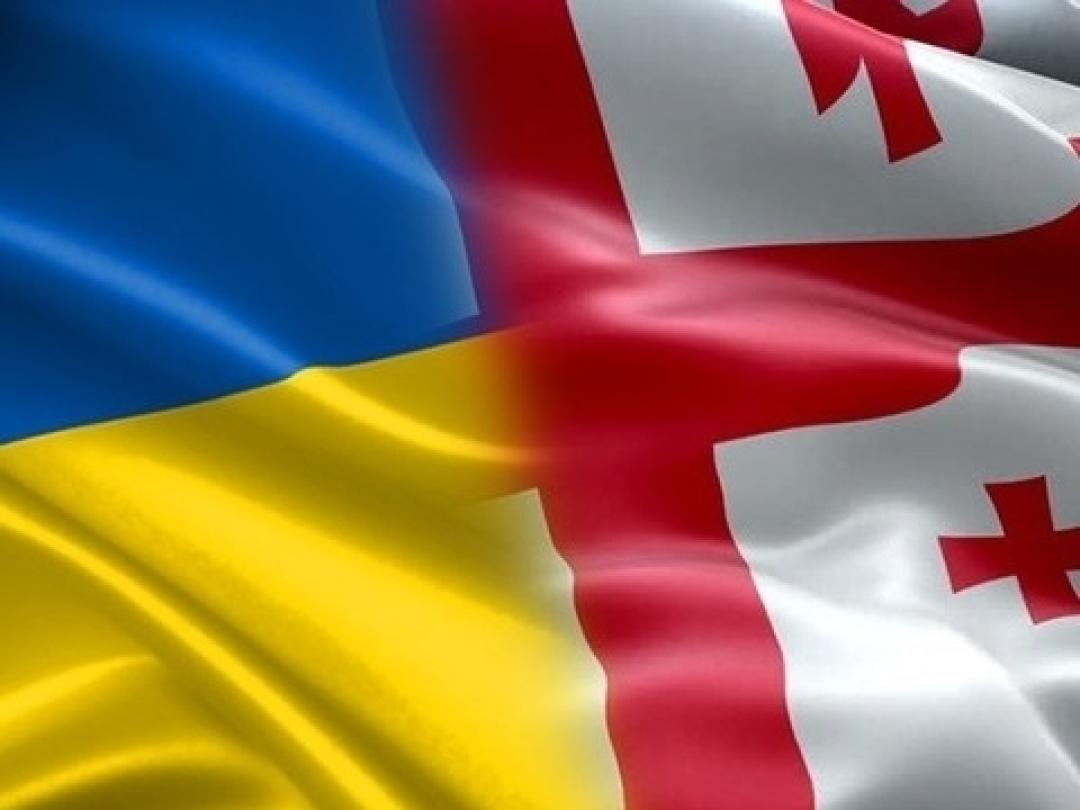
Georgian Government Protests Ukrainian Delegation's Inclusion of Controversial Figure

On March 11, the Georgian government issued two separate statements expressing strong objections to the participation of Zurab Adeishvili, a former Chief Prosecutor and Justice Minister during the United National Movement (UNM) tenure, in official Ukrainian delegations to Brussels and Berlin. Adeishvili's appearance in the Ukrainian delegations has sparked strong criticism from Georgian authorities, given his previous convictions in absentia on various criminal charges in Georgia. Before these developments, the German and EU representatives in Georgia issued statements regarding Adeishvili's visit. While Germany cited a lack of legal grounds for barring Adeishvili, the EU emphasized the presence of disinformation surrounding his participation in the delegations.
In a statement, the Government of Georgia expressed deep concern over the recent actions and attitudes demonstrated by the Ukrainian authorities towards Georgia and its people. The government emphasized that, despite ongoing conflicts, Tbilisi had refrained from taking a stance on Ukraine's behavior for a significant period. The statement highlighted Georgia's consistent solidarity with Ukraine over time and underscored the regrettable and troubling nature of several recent decisions made by Ukrainian authorities. Specifically, the Georgian government pointed to Ukraine's recall of its Ambassador from Georgia, the expulsion of the Georgian Ambassador from Ukraine, as well as statements regarding the imprisoned former President Saakashvili and the appointment of individuals wanted by Georgia to high offices in Ukraine. The Georgian government expressed perplexity at Ukraine's decisions, which appeared to artificially strain the historically friendly relations between the two nations and peoples. It reiterated its call for Ukraine to reconsider its actions and extradite the wanted individuals to Georgia, emphasizing the enduring historical friendship between the two countries and peoples.
In a separate statement, the Government of Georgia also strongly criticized that Zurab Adeishvili, whom it deemed "a mastermind behind the repressive regime" during the United National Movement era, was officially received by the EU and Germany. According to Georgia, this move undermines the perception of European bureaucracy's loyalty to the ideals of legal statehood. Georgia argued that allowing Adeishvili entry contradicts the first step of the nine steps defined by the European Commission for Georgia. This step aims to prevent the augmentation of anti-European attitudes in Georgia. Furthermore, the government expressed concerns about the unrestricted mobility of other offenders and fugitives within the EU, which, they believe, fuels anti-European sentiments. They asserted that some of these individuals may be involved in grave criminal activities against EU citizens. Georgia urged the EU to show greater consideration and commitment to its foundational values in light of these developments.
The Georgian Ministry of Foreign Affairs also expressed "legitimate concern" regarding Zurab Adeishvili's visits to Europe, stating that they do not contribute to the effectiveness of efforts against anti-Western sentiments within Georgian society. During a meeting with the EU and German Ambassadors, the Georgian authorities conveyed their hope for appropriate reactions from both the EU and its member states to such incidents in the future.
Response from Ukraine
David Arakhamia, the leader of the "Servant of the People" faction in the Ukrainian Verkhovna Rada, outlined three crucial steps for Georgia to normalize relations with Ukraine. These steps include releasing and allowing the return of Mikheil Saakashvili, a Ukrainian citizen, from prison, suspending direct flights with Russia as requested by the Georgian people, and ceasing assistance to the aggressor in evading sanctions. Arakhamia emphasized that the path to normalization between Ukraine and Georgia would become much smoother by taking these actions.
See Also


Simonyan: “Armenia Should Trade with Turkey and Azerbaijan Instead of Closing Borders”

Mirzoyan Meets US Deputy Assistant Secretary Joshua Huck

Azerbaijani President Holds Talks with UAE and German Business Delegations on Economic Cooperation

Grigoryan Confirms Armenia’s Readiness to Dissolve OSCE Minsk Group Upon Peace Treaty Signing

